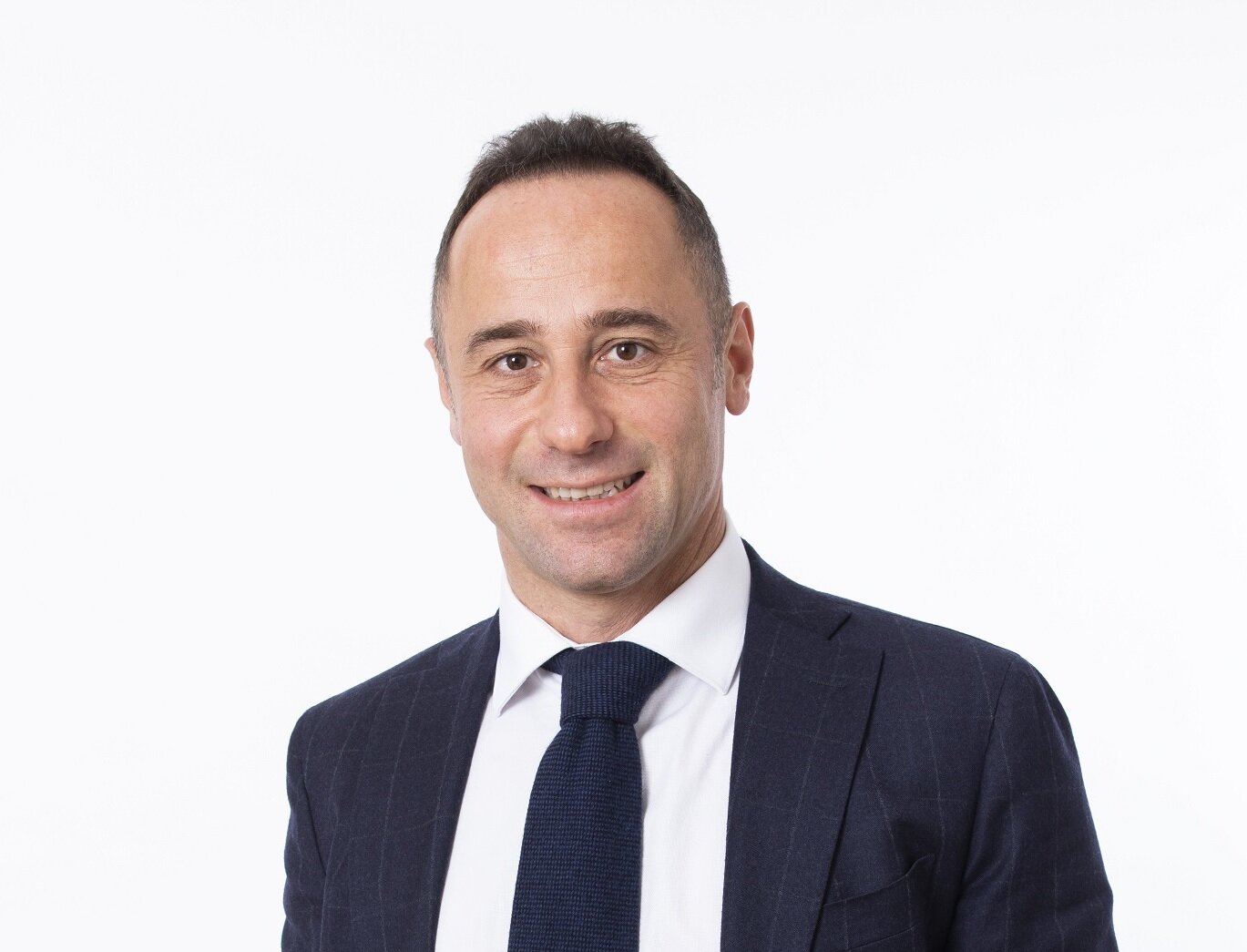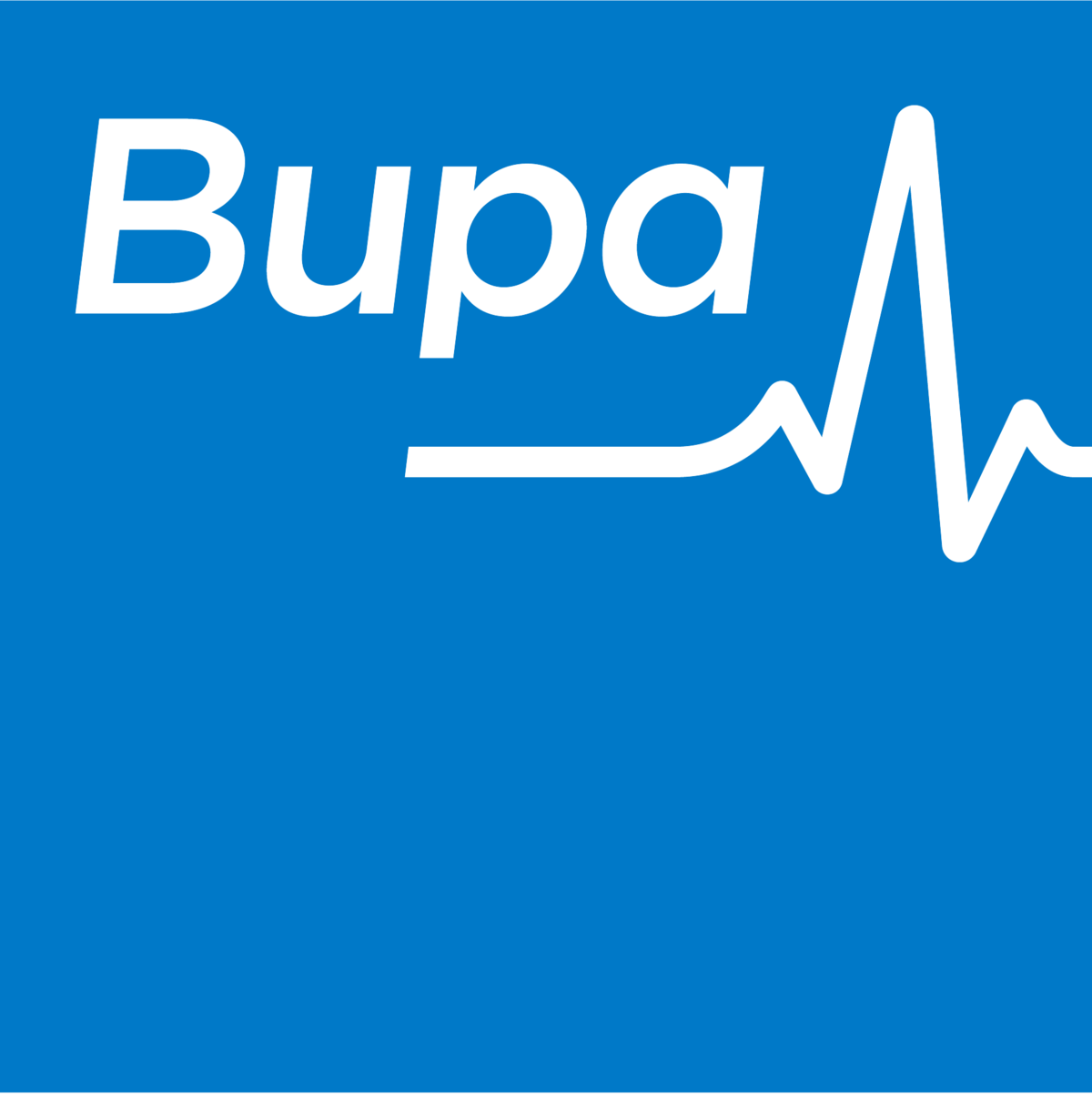Dr Alex Digesu
Consultant Obstetrician and Gynaecologist
Womens Health
Sub-specialties: Gynaecology, Reconstructive Pelvic Floor Surgery, Chronic Pelvic Pain, Urogynecology, Obstetrics, Urinary Incontinence, Urinary Tract Infection, Cystitis, Uterovaginal Prolapse, Voiding Difficulties, Paediatrics.

Overview
Since 2010 Dr Digesu has been accredited by the Royal College of Obstetricians and Gynaecologists as a Specialist in Urogynaecology, specialising in treating patients with bladder & bowel problems such as incontinence, cystitis, uterovaginal prolapse as well as vaginal and pelvic floor damage during pregnancy and after childbirth.
About Dr Alex Digesu
Dr Digesu’s area of expertise is obstetrics, gynaecology, urogynecology, reconstructive pelvic floor surgery, chronic pelvic pain, neurourology & neuromodulation including the assessment and management of patients with lower urinary tract symptoms, childbirth trauma and complex pelvic floor dysfunctions. His research studies include assessment and management of patients presenting a broad range of pelvic floor dysfunctions such as overactive bladder syndrome, urinary incontinence, bladder and urogenital pain, urinary and bowel symptoms, urodynamics, 2D/3D ultrasound imaging, MRI imaging of the lower urinary tract and pelvic floor, neurourology, pelvic organ prolapse and child birth injuries.
Dr Digesu has published extensively in this field and he is author of more than 100 articles in peer review journals as well as book chapters. In view of his expertise and research he covers important academic duties both nationally & internationally and he is a well-known invited speaker worldwide in national and international conferences.
Dr. Digesu completed his specialist training in Obstetrics & Gynaecology and Reproductive Medicine in Italy at the University of Bari in 2002. In 2005 he achieved his PhD in Oncological, Gynaecological and Geriatric Surgery from the same University. His clinical and academic experience also includes a five years fellowship in Urogynaecology in London at King’s College Hospital and St. Mary’s Hospital as well as two years subspecialty training in Urogynaecology & reconstructive pelvic floor surgery at Imperial College of London.
His experience in Obstetrics, looking after pregnant women and managing uncomplicated as well as complicated pregnancies, started in 1997.
Since he completed his training, he worked as Obstetrician and Gynaecologist Consultant in several University teaching Hospitals as well as District General Hospitals in different countries including Italy (Ospedale Buzzi Milan, Ospedale Policlinico Bari, Azienda Ospedaliera San Gerardo Monza), Switzerland (ente Ospedaliero Cantonale in Ticino & Ospedale Beata Vergine Mendrisio), UK (Imperial Healthcare NHS Trust). In all he has more than 15 years experience in Obstetrics and Gynaecology.
Since 2010 Dr Digesu has been accredited by the Royal College of Obstericians and Gynaecologists as a Specialist in Urogynaecology (specialised in treating patients with bladder & bowel problems such as incontinence, cystitis, uterovaginal prolapse as well as vaginal and pelvic floor damage during pregnancy and after childbirth).
Dr Digesu carries on his obstetrics & gynaecology private practice in Milan, Lugano and London.
Dr Digesu is the programme director of the London masterclass in female pelvic anatomy, urogynaecology & reconstructive pelvic surgery and he is a tutor & mentor at several basic and advanced training courses around the world using cadavers, video demonstrations, live surgery, animal models, simulators as well as pelvic mannequins for clinicians and surgeons who are keen to improve their surgical skills in all areas of urogynaecology and reconstructive vaginal surgery. He also conducts national and international workshops to teach doctors and midwives how to identify and repair perineal tears as well as vaginal trauma after childbirth.
On the light of his clinical and academic achievements in January 2014 Dr. Digesu has been awarded Associate Professor in Obstetrics and Gynaecology by the Italian Ministry of Health. He is Italian, married with a French wife and has two children.
Areas of Expertise
Dr. Digesu covers a wide range of gynaecological and urogynaecological symptoms and conditions, including:
- Female urology
- Urinary incontinence
- Recurrent urinary tract infection
- Inerstitial cystitis
- Chronic cystits
- Bladder pain
- Voiding difficulties
- Uterovaginal prolapse
- Chronic pelvic pain
Additional Information
Memberships
- Associate Editor of International Urogynecology Journal and Pelvic Floor dysfunction
- Associate Editor of Neurourology and Urodynamic Journal
- Chairman the International Urogynaecology Consultation (IUC)
- Member of the International Continence Society (ICS) (educational committee)
- Member of the International Continence Society (ICS) (scientific committee)
- Member of the International Urogynaecology Association (urogenital pain special interest group and neurourogynaecology special interest group)
- Member of the New Interventional Procedures Committee of the Imperial College Healthcare NHS Trust
Research Highlights
Dr Digesu has a keen interest in clinical research - his articles are regularly published in the medical literature as well as presentations at national and international meetings.
Key Publications
- Malde S, Fry C, Schurch B, Marcelissen T, Averbeck M, Digesu A, Sahai A. What is the exact working mechanism of botulinum toxin A and sacral nerve stimulation in the treatment of overactive bladder/detrusor overactivity? ICI-RS 2017. Neurourol Urodyn. 2018 Jun;37(S4):S108-S116. doi: 10.1002/nau.23552. Review.
- Heesakkers JPFA, Digesu GA, van Breda J, Van Kerrebroeck P, Elneil S. A novel leadless, miniature implantable Tibial Nerve Neuromodulation System for the management of overactive bladder complaints. Neurourol Urodyn. 2017 Sep 11. doi: 10.1002/nau.23401. [Epub ahead of print]
- Ali I, Swift S, Digesu GA. Surgical management of pelvic organ prolapse and stress urinary incontinence: where are we now? Int Urogynecol J. 2017 Aug 30. doi: 10.1007/s00192-017-3460-y. [Epub ahead of print] No abstract available.
- Digesu GA, Swift S, Handley V. Informed consent checklists for midurethral slings: a common-sense approach. Int Urogynecol J. 2017 Aug 29. doi: 10.1007/s00192-017-3456-7. [Epub ahead of print]
- Digesu GA, Swift S. Laser treatment in urogynaecology and the myth of the scientific evidence. Int Urogynecol J. 2017 Aug 25. doi: 10.1007/s00192-017-3458-5. [Epub ahead of print] No abstract available.
- Haylen BT, Maher CF, Barber MD, Camargo S, Dandolu V, Digesu A, Goldman HB, Huser M, Milani AL, Moran PA, Schaer GN, Withagen MI.
- An International Urogynecological Association (IUGA)/International Continence Society (ICS) joint report on the terminology for female pelvic organ prolapse (POP). Int Urogynecol J. 2016 Apr;27(4):655-84. doi: 10.1007/s00192-016-3003-y.
- Zecca C, Riccitelli GC, Disanto G, Singh A, Digesu GA, Panicari L, Puccini F, Mattioli M, Tubaro A, Gobbi C. Urinary incontinence in multiple sclerosis: prevalence, severity and impact on patients’ quality of life. Eur J Neurol. 2016 Apr 27. doi: 10.1111/ene.13010. [Epub ahead of print]
- Karmarkar R, Bhide A, Digesu GA, Khullar V, Fernando R. Mode of delivery after obstetric anal sphincter injury. Eur J Obstet Gynecol Reprod Biol. 2015 Nov;194:7-10. doi: 10.1016/j.ejogrb.2015.07.019. Epub 2015 Aug 6.
- Bhide AA, Puccini F, Bray R, Khullar V, Digesu GA. The pelvic floor muscle hyperalgesia (PFMH) scoring system: a new classification tool to assess women with chronic pelvic pain: multicentre pilot study of validity and reliability. Eur J Obstet Gynecol Reprod Biol. 2015 Oct;193:111-3. doi: 10.1016/j.ejogrb.2015.07.008. Epub 2015 Jul 31.
- Sorrentino F, Cartwright R, Digesu GA, Tolton L, Franklin L, Singh A, Greco P, Khullar V. Associations between individual lower urinary tract symptoms and bacteriuria in random urine samples in women. Neurourol Urodyn. 2014 Apr 9. doi: 10.1002/nau.22607. [Epub ahead of print]
Reviews
Major insurers served
If your insurer is not listed, please contact us to confirm your coverage. Please note this does not guarantee coverage or fee assurance. Patients should confirm with their insurer to ensure coverage, check if the doctor is fee-assured, or verify if their policy includes the doctor in question.









